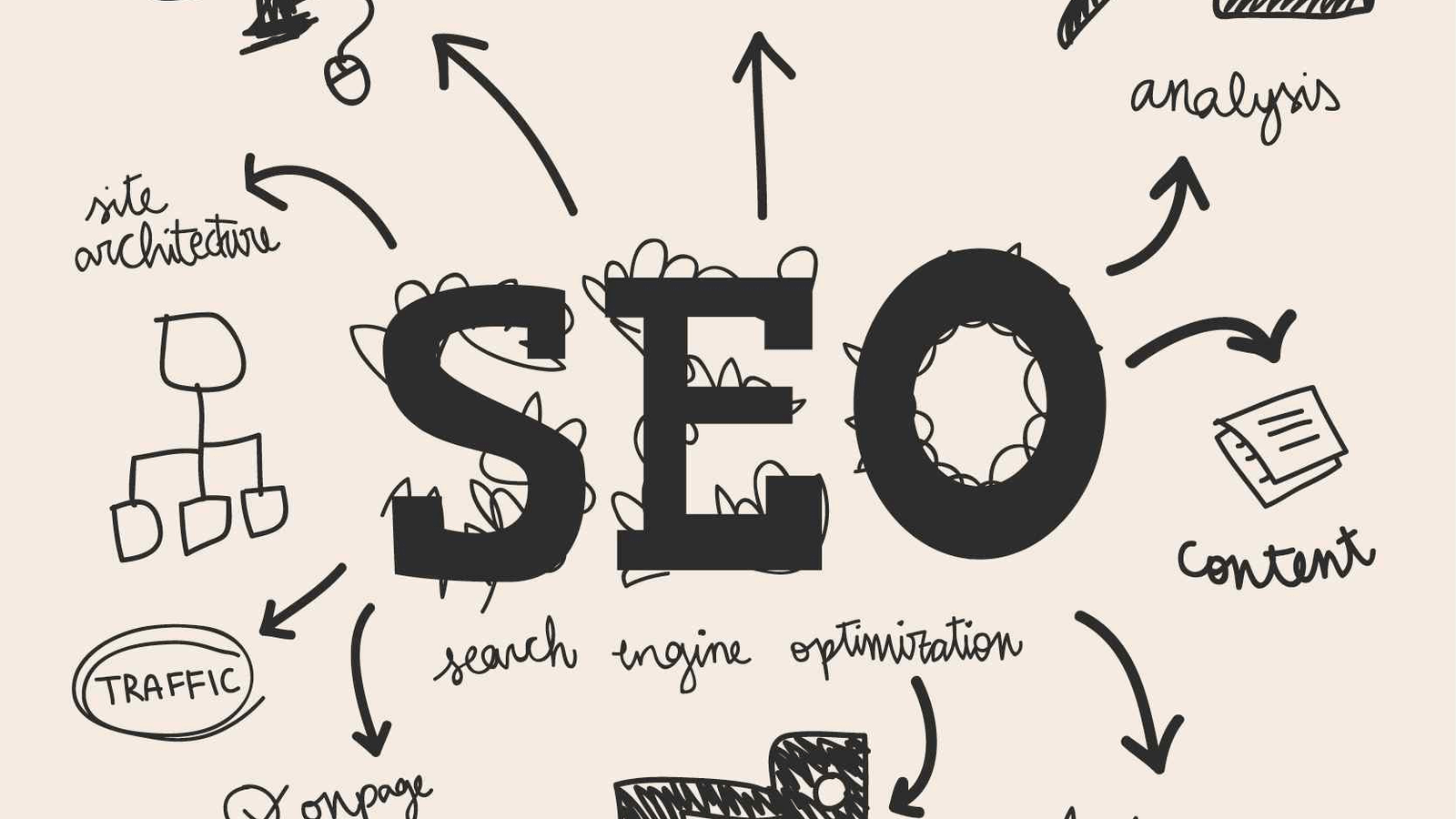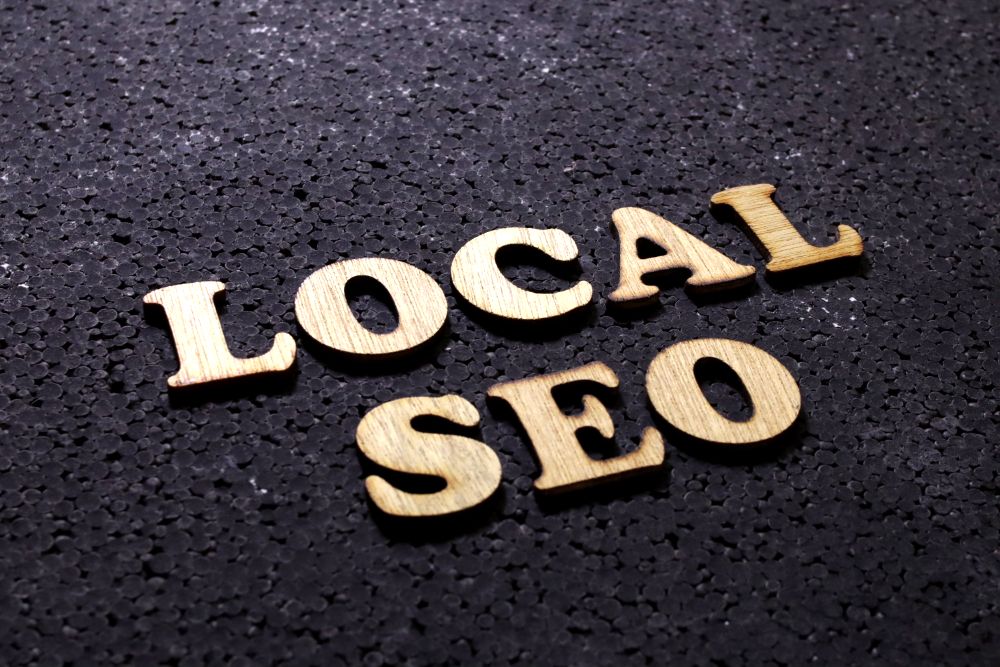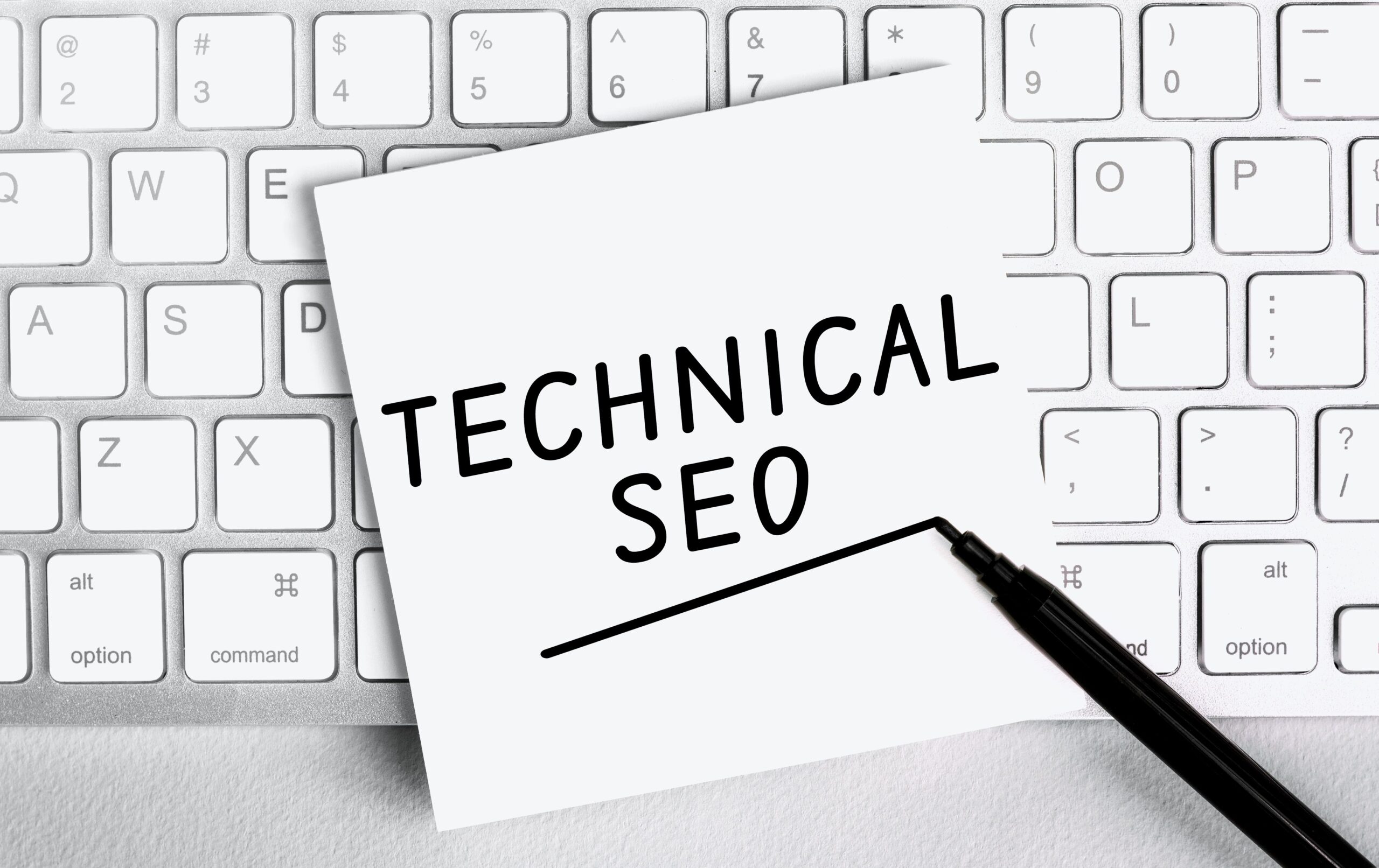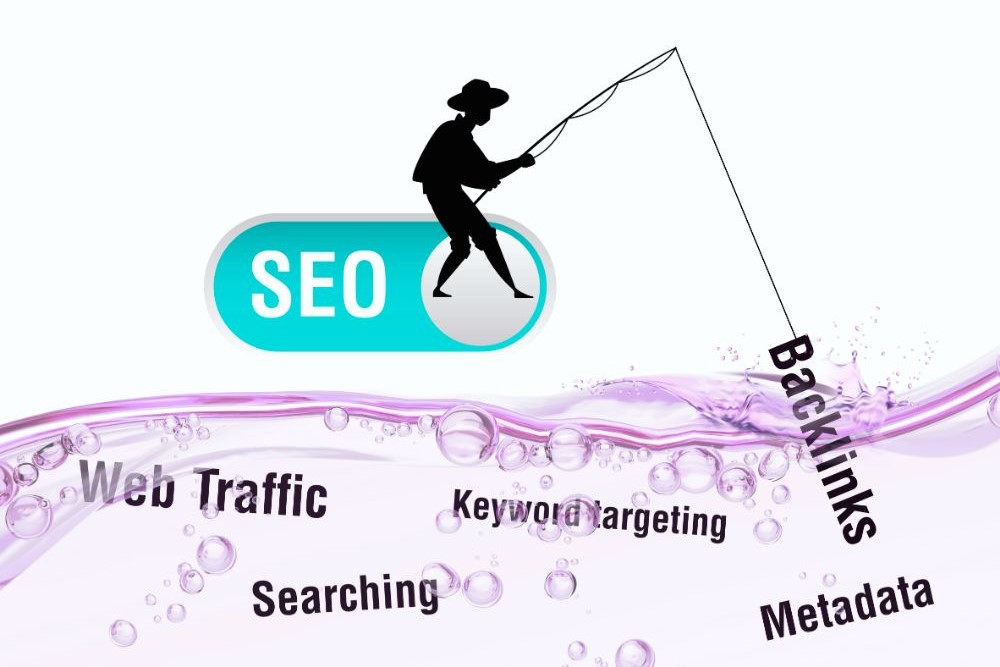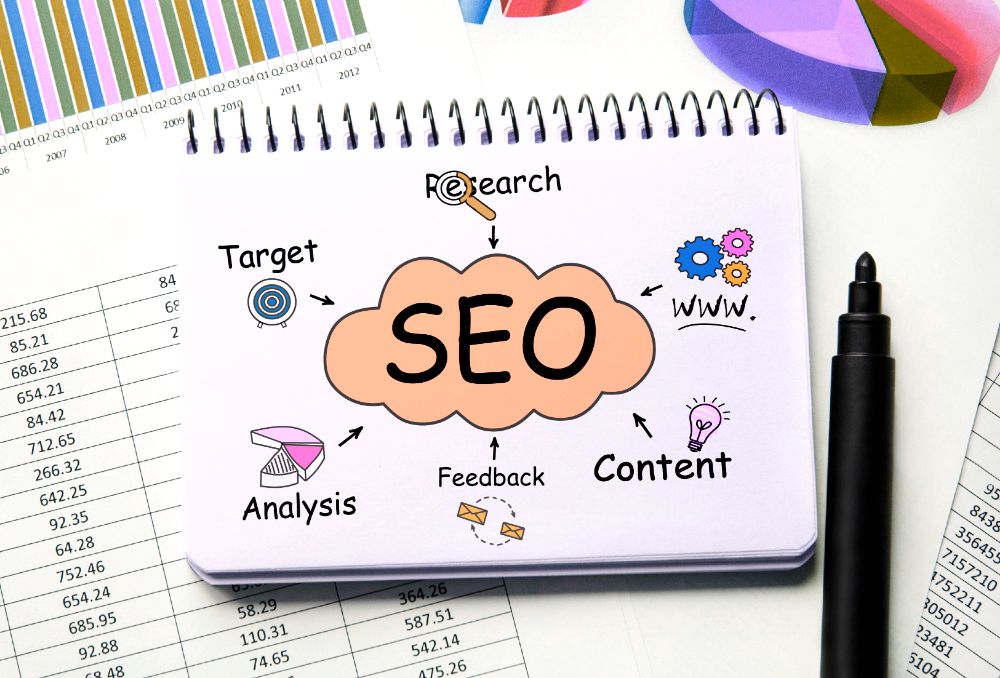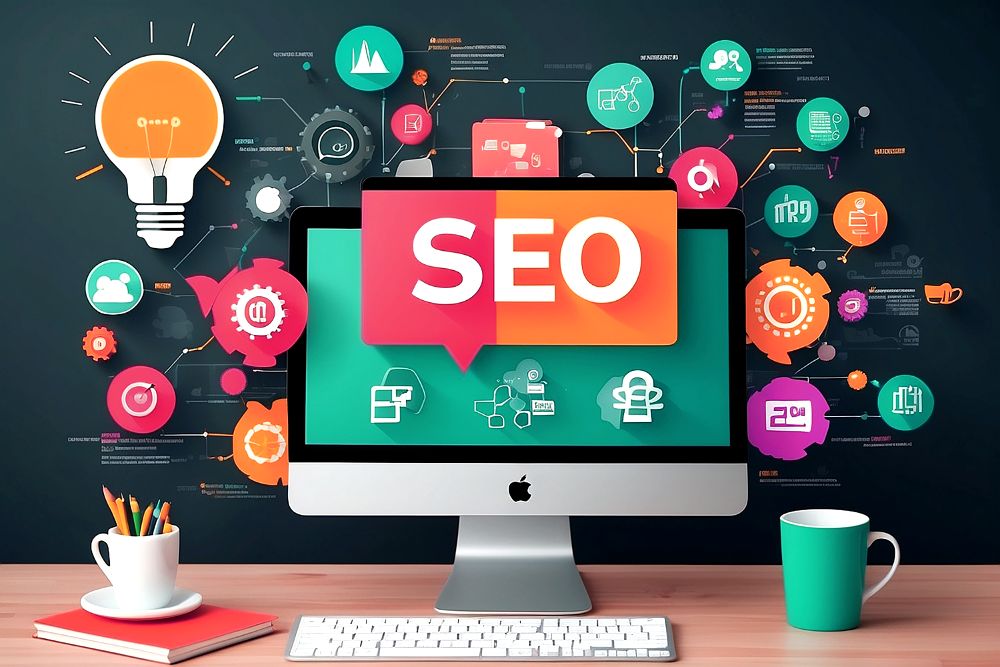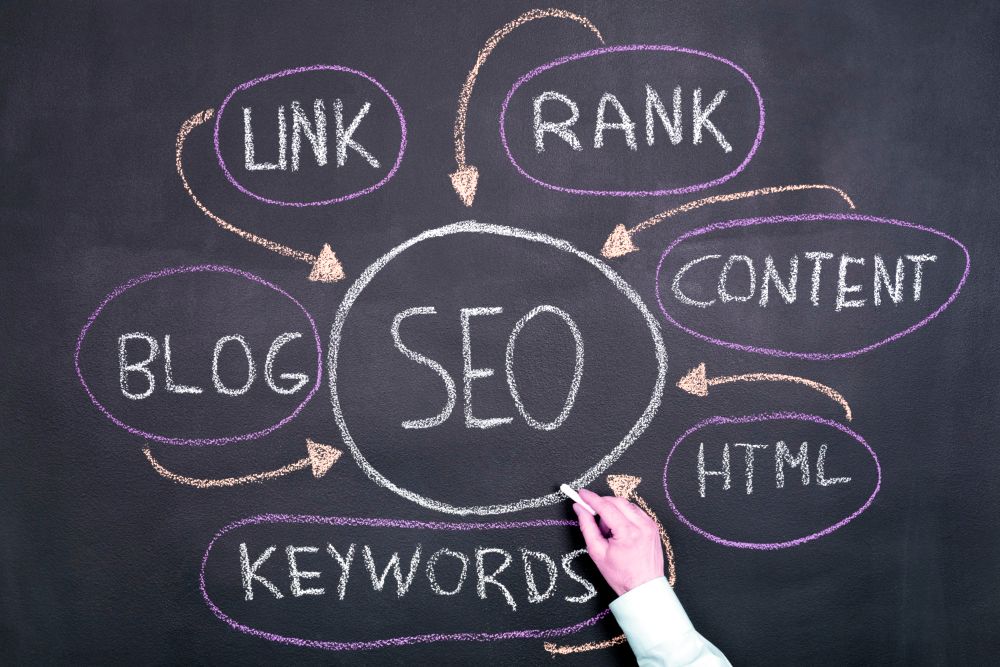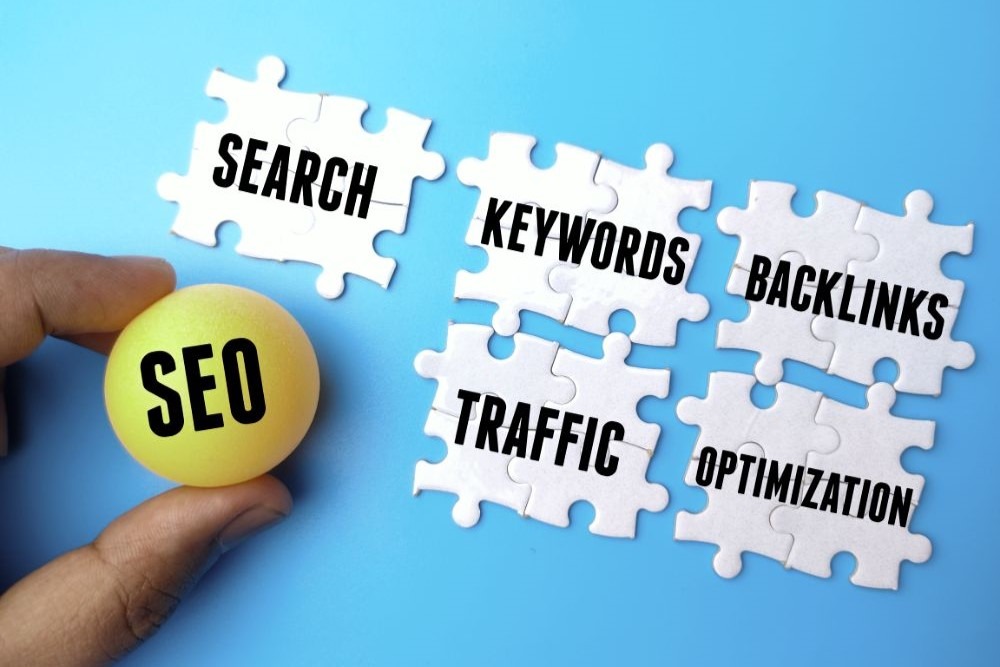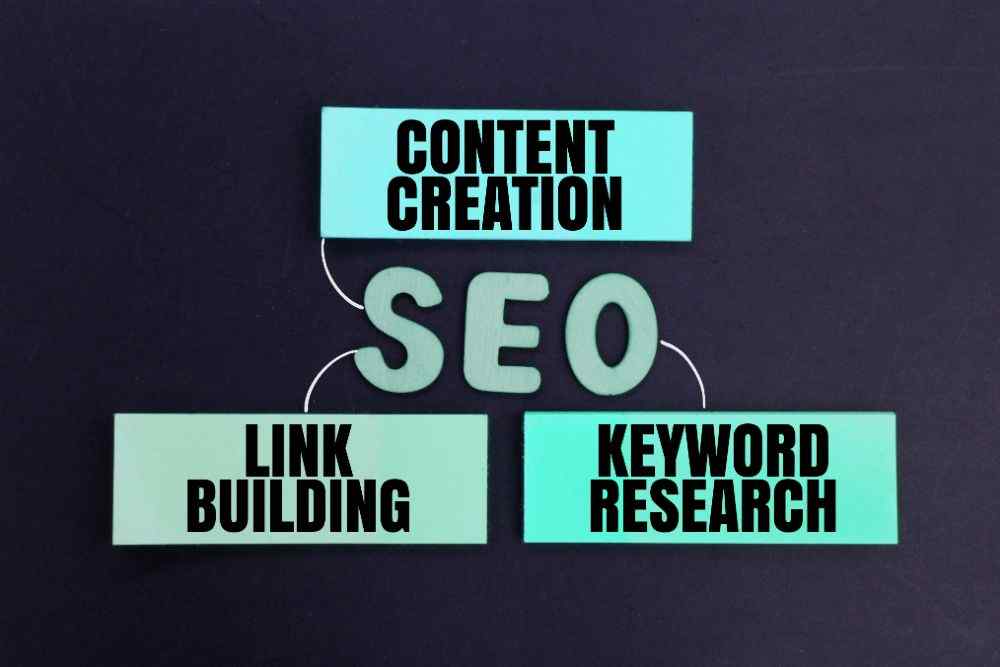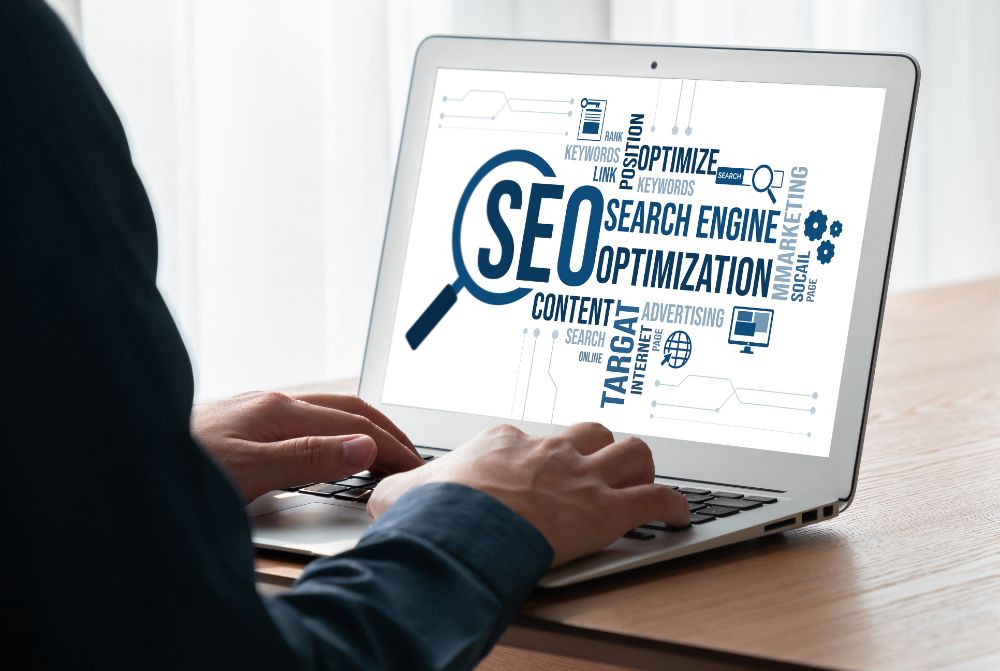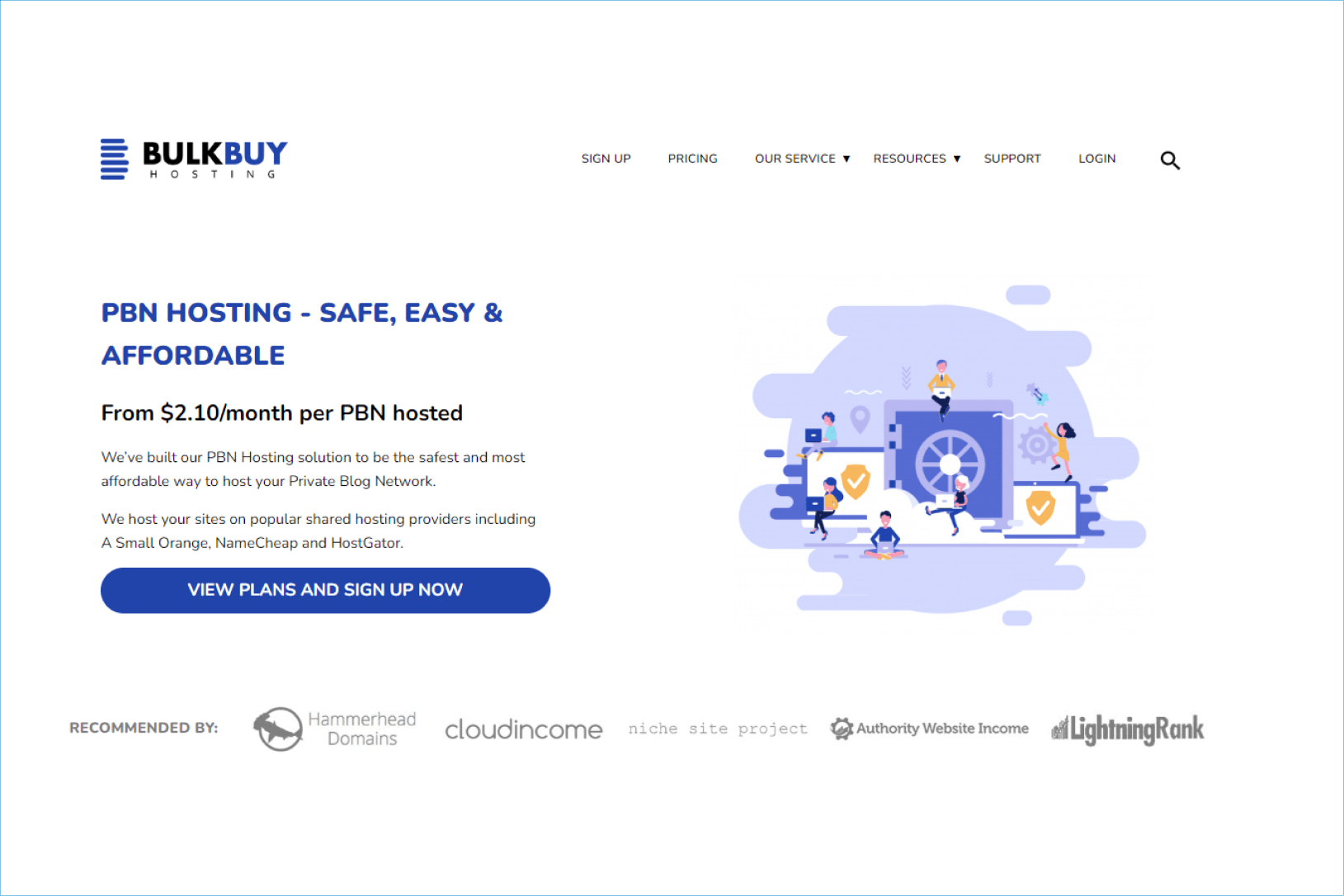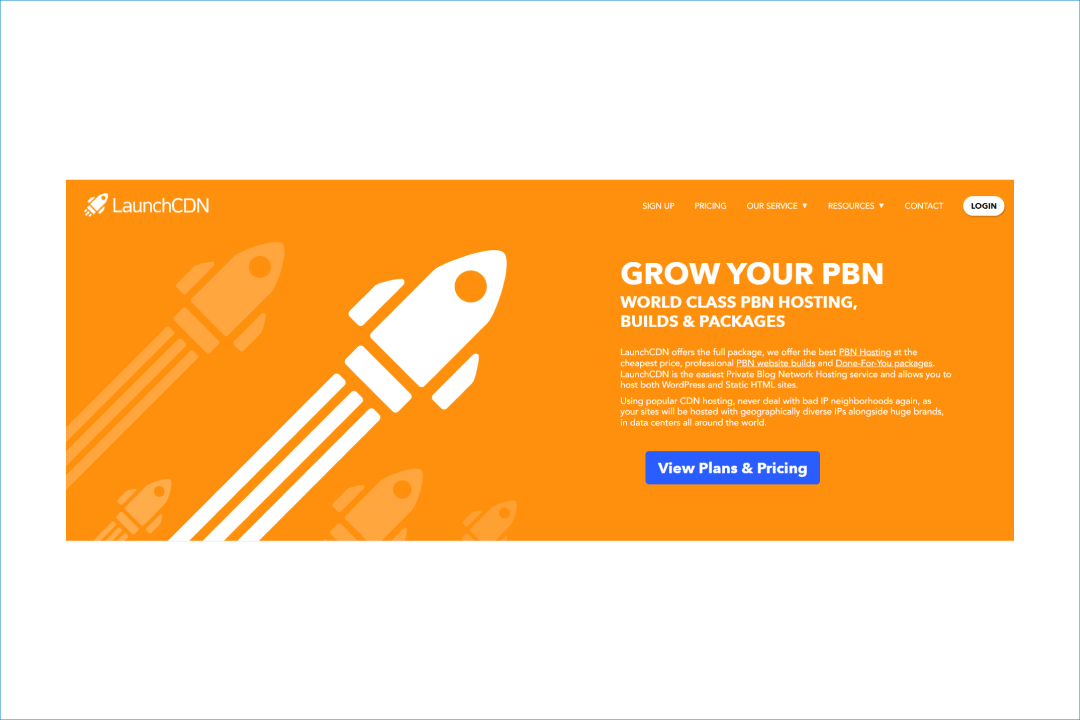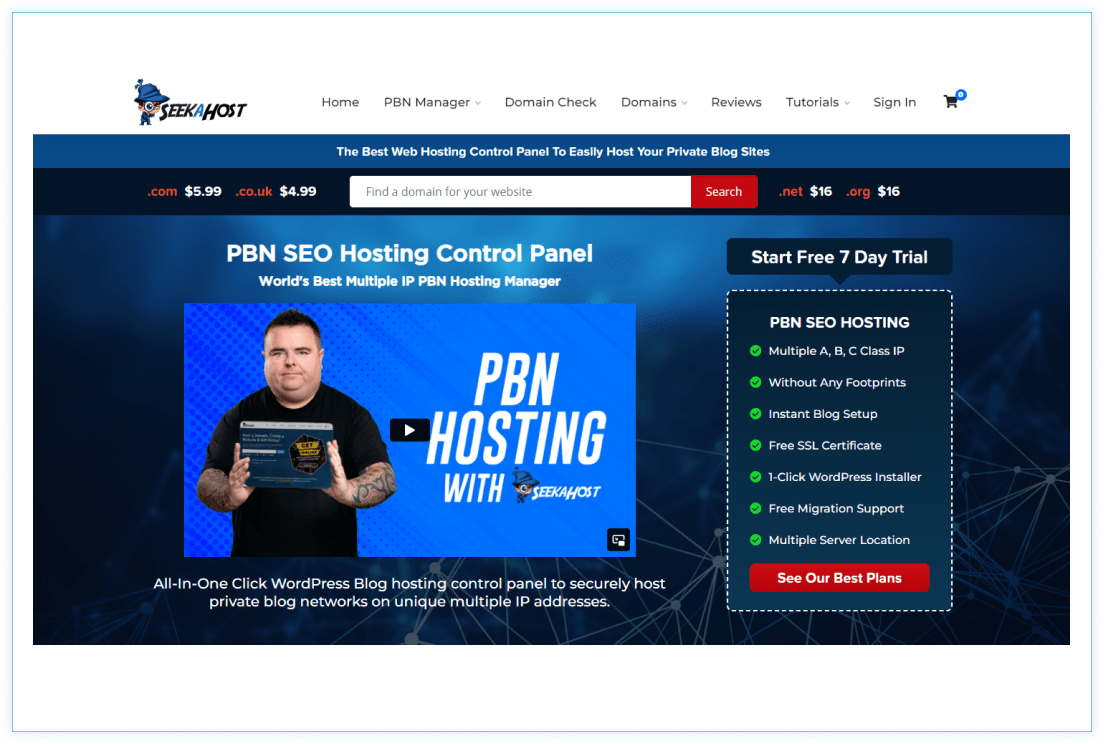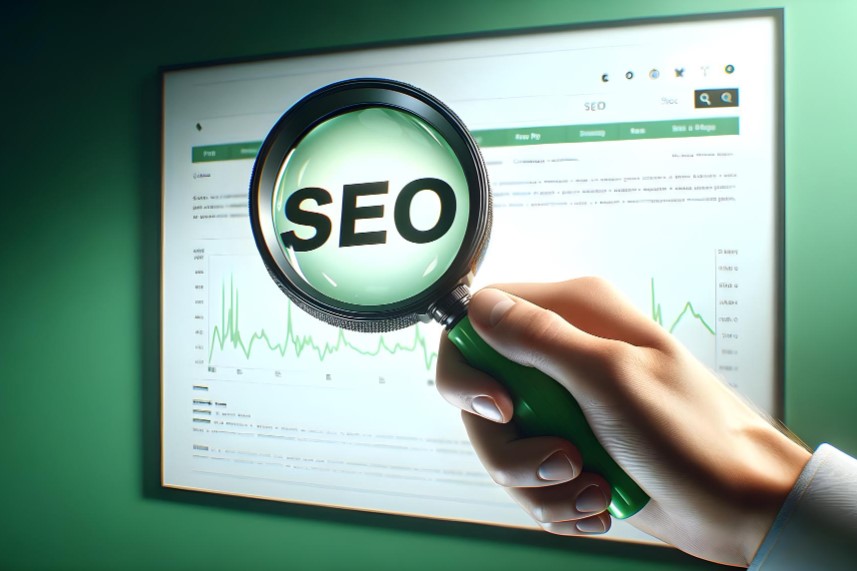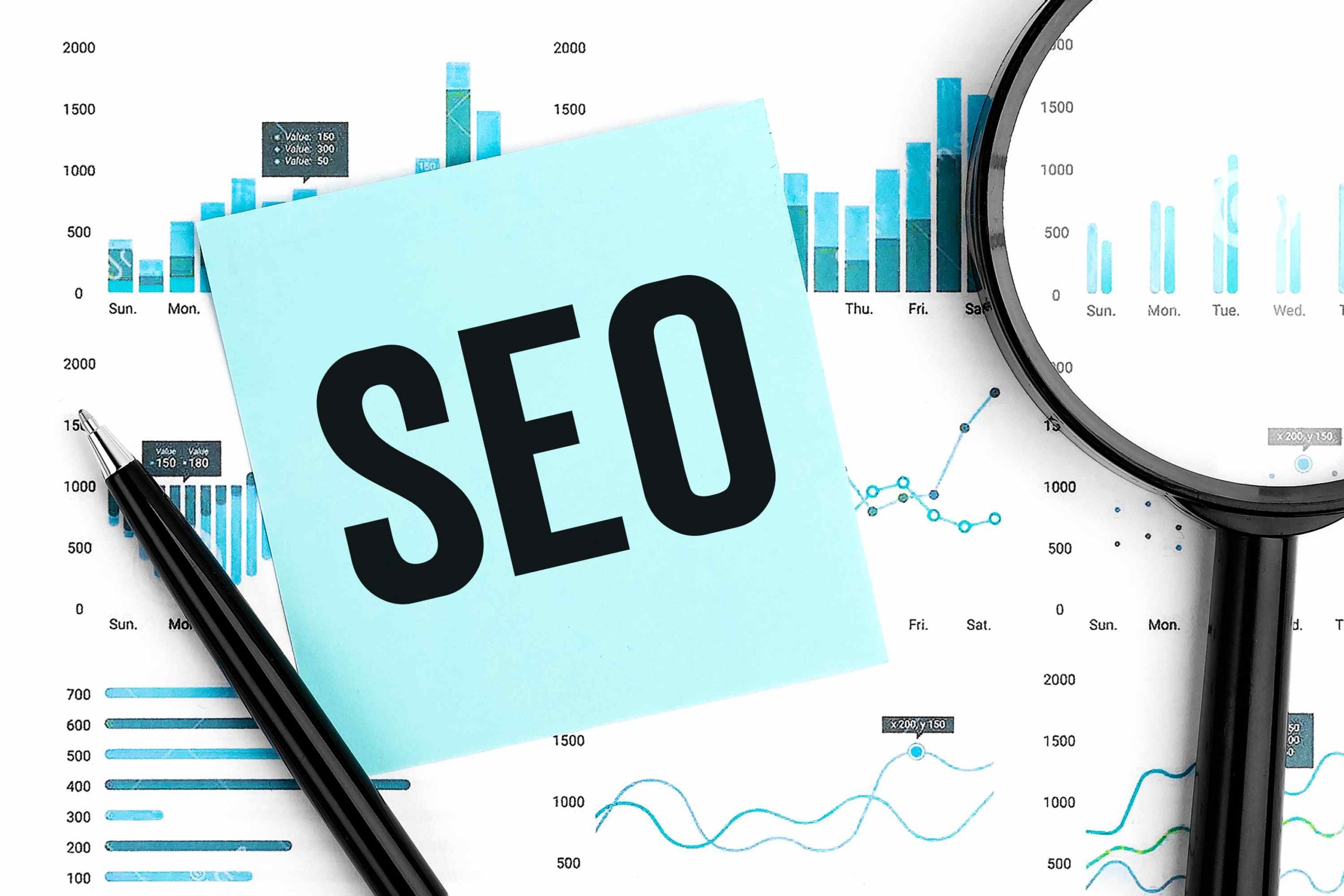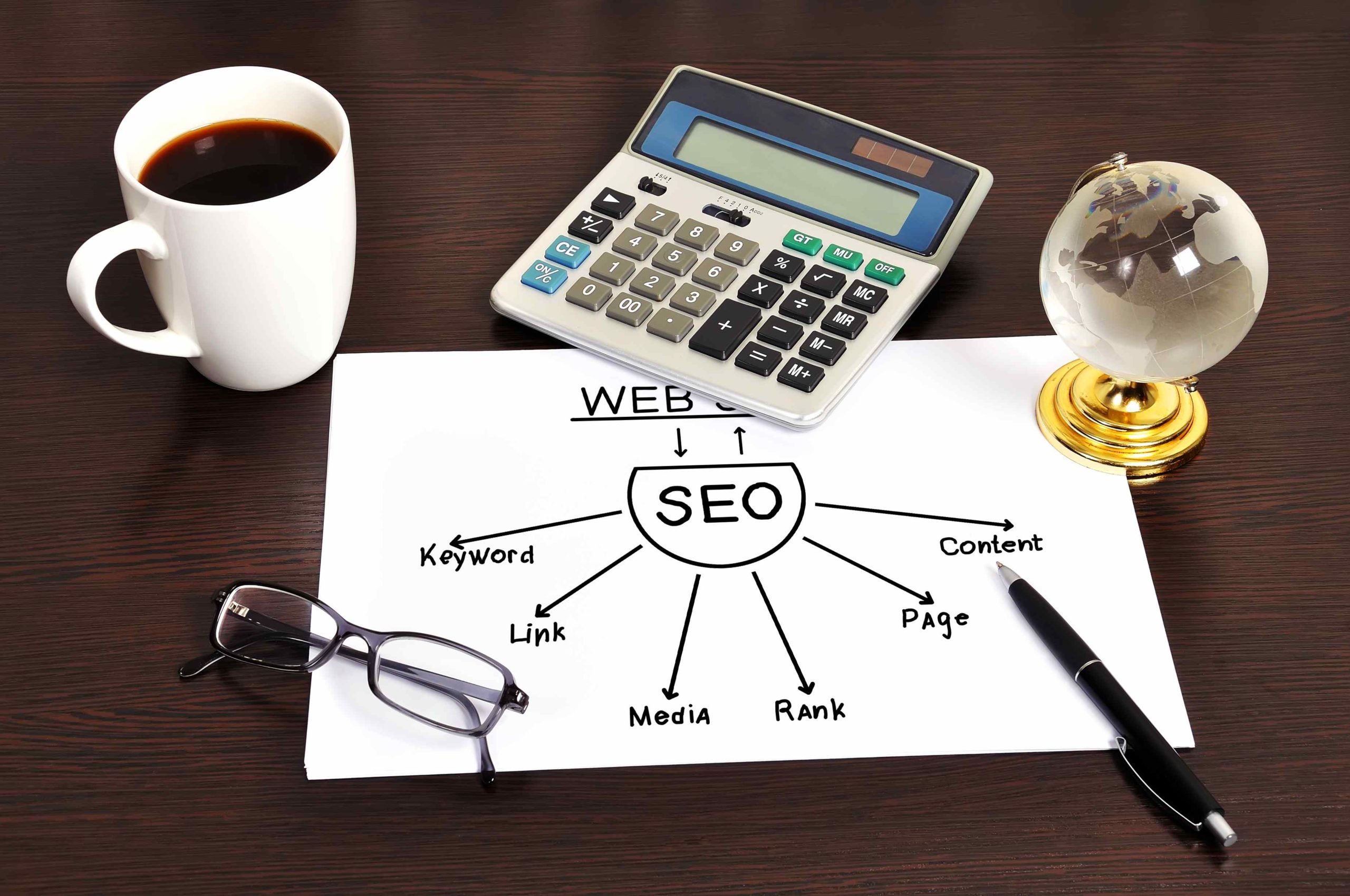
Search Engine Optimization (SEO) is the backbone of online visibility. Whether you’re running a personal blog, an e-commerce store, or a corporate website, SEO is crucial for attracting visitors and driving growth.
But SEO isn’t a one-size-fits-all approach. There are various types of SEO, each with its own focus and strategies.
In this guide, we’ll explore the different types of SEO and how they can work together to boost your website’s performance.
Key Takeaways
- On-Page SEO involves optimizing individual web pages to rank higher and earn more relevant traffic. Key elements include content optimization, keyword placement, meta tags, and URL structure.
- Off-Page SEO is focused on increasing a website’s authority and credibility through external factors like backlinks, social media signals, and online reputation.
- Technical SEO involves optimizing the technical aspects of a website to improve its crawling and indexing by search engines. This includes site speed, mobile-friendliness, and creating an XML sitemap.
- Local SEO targets local customers by optimizing a website for local search results, often involving Google Business Profile optimization and local keyword usage.
- E-commerce SEO is tailored for online stores; this type of SEO optimizes product pages and categories to drive traffic and sales.
- Content SEO focuses on creating high-quality, relevant content that satisfies user intent and incorporates strategic keyword placement.
- Mobile SEO ensures that a website is optimized for mobile devices, focusing on aspects like responsive design and fast loading times.
What is SEO?
SEO, or Search Engine Optimization, is the process of enhancing a website’s visibility in search engine results pages (SERPs) to attract more organic traffic. It involves a variety of strategies and techniques aimed at improving the ranking of a website on search engines like Google, Bing, and Yahoo.
For more information, read our article: https://quirk.biz/what-is-seo-what-you-need-to-know/
On-Page SEO
On-page SEO, also known as on-site SEO, involves optimizing various elements of your website to improve its visibility and ranking in search engine results pages (SERPs). This process focuses on both the content and the HTML source code of a page, making it more appealing to search engines and users alike.
Key Elements of On-Page SEO
- Content Optimization: Ensuring that the content on your webpage is relevant, high-quality, and aligned with user search intent. This includes using target keywords naturally throughout the text, in headings, and in the meta description.
- HTML Elements: This involves optimizing title tags, meta descriptions, header tags, and alt text for images. These elements help search engines understand the content of your page and improve its visibility in search results.
- URL Structure: Creating descriptive and concise URLs that include relevant keywords can enhance search engine understanding and user experience.
- Internal Linking: Linking to other relevant pages within your website helps distribute page authority and improves the crawlability of your site by search engines.
- Page Speed and Mobile-Friendliness: Fast loading times and mobile optimization are crucial as they affect user experience and are considered ranking factors by search engines.
- Schema Markup: Implementing structured data helps search engines understand the context of your content and can enhance search visibility through rich snippets.
Importance of On-Page SEO
On-page SEO is essential because it directly impacts how search engines perceive your website. By optimizing on-page elements, you increase the likelihood of achieving higher rankings, which can lead to more organic traffic and conversions. It is also crucial for providing a positive user experience, as well-optimized pages are easier to navigate and understand.
Overall, on-page SEO is a foundational aspect of any SEO strategy, providing the groundwork for other efforts like off-page SEO, which focuses on external factors such as backlinks and social media presence.
Off-Page SEO
Off-page SEO, also known as off-site SEO, involves optimization strategies that occur outside of your own website to improve its search engine rankings and visibility. These strategies aim to enhance how search engines and users perceive your website’s authority, credibility, and relevance.
Key Components of Off-Page SEO
- Link Building: This is the most crucial aspect of off-page SEO. It involves acquiring backlinks from other reputable websites. These backlinks act as endorsements of your site’s content, signaling to search engines that your site is credible and valuable. Quality is more important than quantity, with links from high-authority sites being particularly beneficial.
- Social Media Engagement: While social media signals do not directly affect search engine rankings, active engagement on platforms like Facebook, Twitter, and LinkedIn can increase the visibility of your content. This can lead to more shares, likes, and, ultimately, more traffic and potential backlinks.
- Brand Mentions: Even without direct links, mentions of your brand across the web can positively impact your online reputation. These mentions can be seen by search engines as indicators of brand authority and credibility.
- Guest Posting: Publishing content on other websites in your industry can help you reach a new audience and earn backlinks. This strategy not only builds authority but also expands your reach and visibility.
- Influencer Marketing: Collaborating with influencers in your niche can help you gain exposure and credibility. Influencers can share your content with their audience, increasing your brand’s reach and potential for backlinks.
- Online Reviews and Reputation Management: Positive reviews on platforms like Google My Business and Yelp can enhance your business’s trustworthiness and influence search engine rankings. Managing your online reputation is crucial for maintaining a positive image.
Importance of Off-Page SEO
Off-page SEO is essential because it helps build your website’s reputation and authority, which search engines consider when ranking sites. It complements on-page SEO efforts by providing external validation and signals of trustworthiness and relevance.
A strong off-page SEO strategy can lead to improved search engine rankings, increased organic traffic, and enhanced brand awareness.
Technical SEO
Technical SEO refers to the process of optimizing a website’s technical elements to improve its visibility and performance on search engines. It focuses on enhancing the website’s infrastructure to ensure that search engines can crawl, index, and render the site efficiently.
Key Components of Technical SEO
- Site Architecture and Structure: Ensuring a clear, logical structure with a user-friendly URL hierarchy helps both users and search engines navigate the site efficiently. This includes using HTTPS for security and creating a consistent internal linking strategy.
- Crawling and Indexing: Technical SEO involves optimizing the site so that search engine bots can crawl and index it effectively. This includes creating and submitting XML sitemaps, optimizing robots.txt files, and using canonical tags to prevent duplicate content issues.
- Page Speed Optimization: Improving the loading speed of web pages is crucial for user experience and is a known ranking factor. Techniques include optimizing images, reducing server response times, and leveraging browser caching.
- Mobile-Friendliness: As more users access the web via mobile devices, ensuring that a website is mobile-friendly is essential. This involves using responsive design and ensuring fast loading times on mobile devices.
- Structured Data and Schema Markup: Adding structured data helps search engines understand the content of your pages better, potentially leading to enhanced search results like rich snippets.
- Error Management: Identifying and fixing crawl errors, broken links, and setting up proper redirects are vital to maintaining a healthy website.
Importance of Technical SEO
Technical SEO is foundational to any SEO strategy. It ensures that a website is accessible and understandable to search engines, which is critical for achieving high search rankings. Without addressing technical SEO issues, other SEO efforts like content optimization and link building may not be effective.
By focusing on technical SEO, you can enhance both user experience and search engine performance, leading to increased traffic and potential revenue.
Local SEO
Local SEO is a specialized branch of search engine optimization that focuses on optimizing a business’s online presence to attract more customers from relevant local searches. It is particularly important for businesses that operate in specific geographic areas and want to reach local customers.
Key Aspects of Local SEO
- Google Business Profile (GBP) Optimization: A critical component of local SEO is optimizing your Google Business Profile. This involves ensuring that your business name, address, and phone number (NAP) are accurate and consistent across all online platforms. Additionally, adding photos, business hours, and collecting customer reviews can improve your profile’s effectiveness.
- Local Keywords: Incorporating local keywords into your website content, meta tags, and headers is essential. These keywords often include phrases like “near me” or the name of the city or region.
- Local Citations and Directories: Listing your business in local directories and ensuring that your NAP information is consistent across these platforms can boost your local SEO efforts. This includes directories like Yelp, Angie’s List, and local business directories.
- Reviews and Ratings: Customer reviews are a significant factor in local SEO. Positive reviews can enhance your business’s prominence and credibility in local search results.
- Local Link Building: Building links from other local businesses, newspapers, and community websites can improve your local search rankings. This involves reaching out to local organizations and participating in community events.
- Mobile Optimization: Ensuring your website is mobile-friendly is crucial since many local searches are conducted on mobile devices. A responsive design and fast loading times can enhance user experience and improve rankings.
Importance of Local SEO
Local SEO is vital for businesses aiming to attract customers from their immediate vicinity. It helps businesses appear in local search results, such as Google’s Map Pack, which is prominently displayed when users perform location-based searches. With a significant percentage of searches having local intent, optimizing for local SEO can lead to increased foot traffic, higher conversion rates, and ultimately, more sales.
By focusing on local SEO, businesses can effectively target and engage with their local audience, ensuring they remain competitive in their local market.
E-commerce SEO
E-commerce SEO is the process of optimizing an online store to improve its visibility and ranking in search engine results pages (SERPs). This type of SEO is crucial for driving organic traffic and increasing sales without relying heavily on paid advertising.
Key Components of E-commerce SEO
- Keyword Research: Identifying the right keywords is foundational for e-commerce SEO. This involves finding both commercial and informational keywords that potential customers use when searching for products. Long-tail keywords are particularly valuable as they often have lower competition and higher conversion rates.
- Site Architecture: A well-structured site makes it easier for search engines to crawl and index pages. This includes creating a logical hierarchy of categories and product pages, using a flat site structure to ensure all pages are accessible within a few clicks.
- On-Page Optimization: Optimizing product and category pages with relevant keywords, unique product descriptions, and high-quality images is essential. This also involves optimizing meta tags, headers, and URLs for better search visibility.
- Content Marketing: Beyond product pages, creating valuable content such as blog posts, how-to guides, and product reviews can attract more visitors and generate backlinks, enhancing overall SEO performance.
- Technical SEO: Ensuring fast page load times, mobile-friendliness, and secure connections (HTTPS) are critical technical aspects that affect user experience and search rankings.
- Link Building: Acquiring high-quality backlinks from reputable sites can boost an e-commerce site’s authority and improve its search rankings. This involves strategies like guest blogging and partnerships with influencers.
- Customer Reviews and Engagement: Encouraging customer reviews can enhance trust and provide fresh content for product pages, which can positively impact SEO.
Importance of E-commerce SEO
E-commerce SEO is vital because it helps online stores achieve higher visibility in search results, which can lead to increased traffic and sales. It is a cost-effective way to reach customers compared to paid advertising, and it builds long-term brand credibility and trust. With the growing competition in the e-commerce space, implementing a strong SEO strategy is essential for staying competitive and maximizing revenue potential.
Content SEO
Content SEO is a subset of on-page SEO that focuses specifically on optimizing the quality and relevance of the content on a website to improve its visibility in search engine results. This involves creating content that is both engaging for users and easily understood by search engines. You can read our article How To Create a Successful SEO Content Strategy.
Key Components of Content SEO
- Keyword Research: The process begins with identifying the right keywords that your target audience is searching for. This includes both main keywords and long-tail variations, which are then strategically incorporated into the content, titles, headings, and meta descriptions.
- Content Quality and Relevance: Creating high-quality, informative, and engaging content that meets the needs of your audience is crucial. Content should be comprehensive and provide value, aligning with user intent and current industry trends.
- Content Structure: Proper use of headings, subheadings, and bullet points can enhance readability and help search engines understand the content’s structure. This also includes using schema markup and structured data to provide additional context to search engines.
- Internal and External Linking: Linking to other relevant pages on your site (internal linking) and to high-quality external sources can help improve the content’s credibility and provide additional value to readers.
- Content Formats: Utilizing various content formats, such as blog posts, videos, infographics, and podcasts, can engage different segments of your audience and improve SEO performance.
- User Experience and Engagement: Ensuring that content is easy to read and navigate, and that it loads quickly on all devices, enhances user experience. Engaging content can lead to longer session durations and lower bounce rates, which are positive signals for search engines.
Importance of Content SEO
Content SEO is critical because it directly impacts how well a website can rank in search engine results. High-quality, optimized content helps attract and retain visitors, increases engagement, and builds authority in your niche. By focusing on content SEO, businesses can improve their organic search visibility, drive more traffic, and ultimately achieve better conversion rates. This approach is essential for maintaining competitiveness in the digital landscape, where content is a key factor in search engine algorithms.
Mobile SEO
Mobile SEO is the practice of optimizing a website to ensure it performs well on mobile devices. This involves creating a smooth, efficient, and enjoyable experience for users accessing the site from smartphones and tablets, while also meeting the technical requirements set by search engines to improve the site’s visibility and performance.
Key Components of Mobile SEO
- Responsive Design: Ensure your site uses responsive design so it adapts to different screen sizes and provides a seamless user experience across all devices.
- Page Speed Optimization: Improve loading times by optimizing images, leveraging browser caching, and minimizing redirects.
- Simplified Navigation: Design mobile-friendly navigation with clear, simple menus and touch-friendly elements.
- Content Optimization: Ensure content is easily readable on small screens, with appropriate font sizes and no need for zooming.
- Avoid Intrusive Elements: Minimize the use of pop-ups and other elements that can disrupt the user experience on mobile devices.
Importance of Mobile SEO
- Rising Mobile Usage: With more than half of all web traffic coming from mobile devices, optimizing for mobile is crucial to reach and engage your audience effectively.
- Google’s Mobile-First Indexing: Google uses the mobile version of a website as the primary version for indexing and ranking. This means that the mobile experience of your site directly impacts its search rankings.
- User Experience: A mobile-friendly site enhances user satisfaction by providing faster load times, easier navigation, and content that is easy to read without zooming or horizontal scrolling.
- Impact on SEO Rankings: Mobile optimization affects key SEO metrics such as bounce rate, time on site, and page speed, all of which influence search engine rankings.
- Local SEO and Voice Search: Mobile optimization is particularly important for local searches, which often have local intent. It also supports voice search, which is increasingly used on mobile devices.
How to Choose the Right SEO Type
Choosing the right type of SEO depends on your specific business needs, goals, and the current state of your website. Here are some considerations to help you decide which type of SEO to focus on:
- Identify Your Goals: Determine what you want to achieve with SEO. Are you looking to increase traffic, boost sales, improve local visibility, or enhance your site’s technical performance? Your goals will guide you in choosing the appropriate SEO type.
- Assess Your Current Situation: Conduct an audit of your website to identify areas that need improvement. This can help you decide whether to focus on technical, on-page, or off-page SEO.
- Consider Your Audience: Understand who your target audience is and how they search for your products or services. This will help you choose the right keywords and content strategy, which are crucial for content and on-page SEO.
- Evaluate Your Resources: Consider the resources you have available, such as time, budget, and expertise. Some types of SEO, like technical SEO, may require more specialized skills, while others, like content SEO, may demand more time for content creation.
- Look at Competitors: Analyze your competitors to see what SEO strategies they are using successfully. This can provide insights into which types of SEO might be effective for your industry.
- Long-term vs. Short-term Needs: Decide if you need immediate results or if you are focusing on long-term growth. For example, technical SEO might provide quick improvements in site performance, while content SEO is a long-term strategy that builds authority over time.
- Local vs. Global Reach: If your business serves a local market, local SEO will be crucial. Conversely, if you aim to reach a broader audience, you might need to focus more on international SEO.
By considering these factors, you can prioritize the types of SEO that align with your business objectives and resources, ensuring a more effective and targeted approach to improving your online presence.
Conclusion
SEO is a complex and dynamic field, but understanding its different facets is key to building a successful online presence. By integrating various types of SEO – whether it’s focusing on On-Page elements, optimizing for mobile users, or ensuring your site is technically sound – you create a holistic strategy that covers all bases.
The digital landscape is ever-evolving, but with a well-rounded approach to SEO, you can navigate these changes and continually enhance your website’s visibility, credibility, and overall success.
Whether you’re aiming to reach a local audience, expand internationally, or simply provide the best user experience, a comprehensive SEO strategy is your roadmap to achieving these goals.


